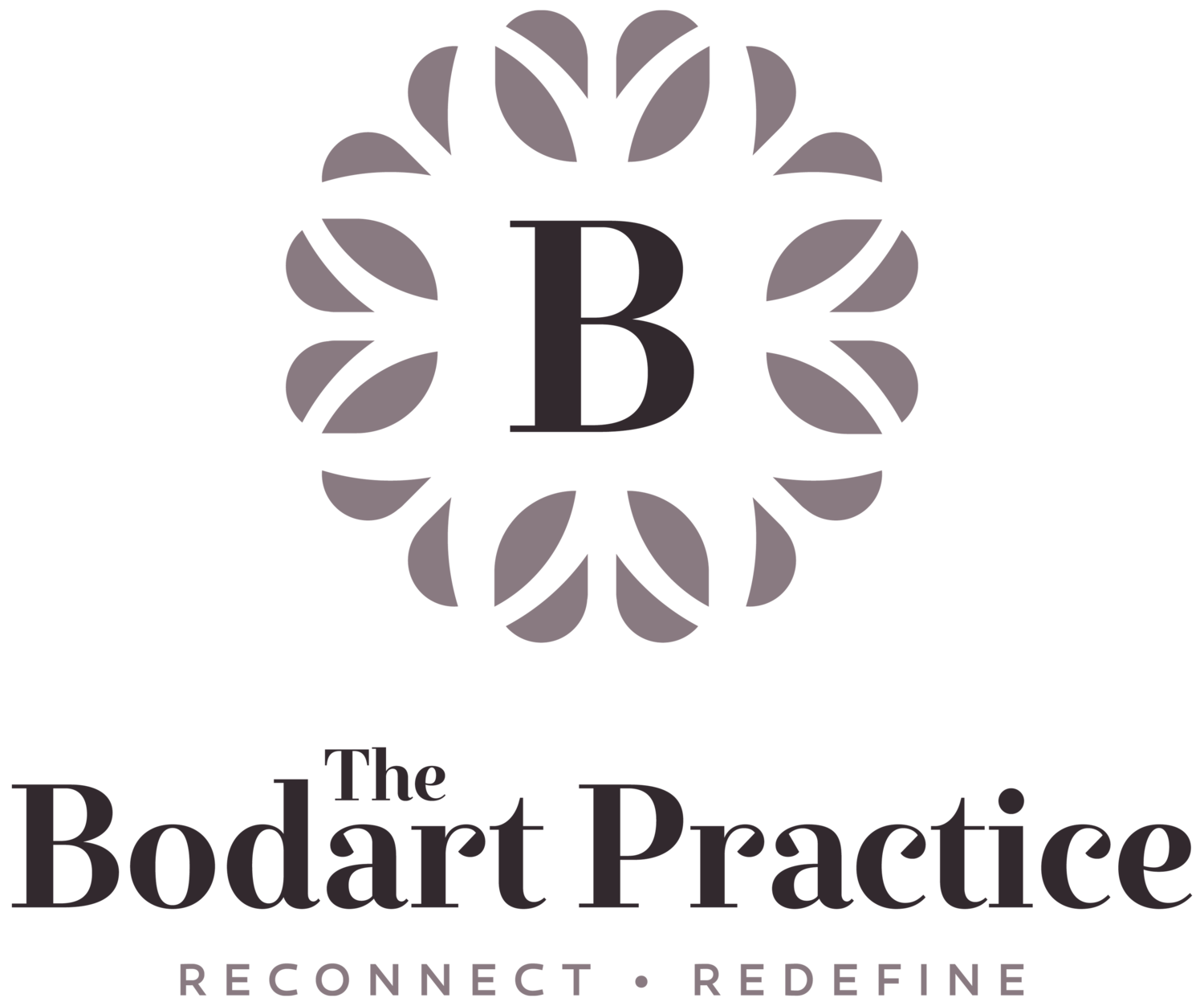To say 2020 was a strange and difficult year for most is an understatement. Many lives will look very different to 2019 as people deal with the change, uncertainty and loss that this year has brought. As we head into a new year, talk often turns to how we’ll make this a better one. Whilst there are many things about the world we still can’t control, we can still use the new year as a natural point of reflection, and a chance to focus on what changes we can make.
Many of us will have made new year’s resolutions before but abandoned them a few days later. To give us the best chance of making more permanent changes in our lives, we can think about what really matters to us deep down. What gives our life meaning, and makes it worth living? What do we want to be remembered for when we’re older? What do you want to stand for? We can use the concept of values, from acceptance and commitment therapy (ACT), to structure how we think about this.
Our values are like compass directions we live our lives by. We have different values for different areas of our life, which we can split into a number of domains: friendship, relationships, community/citizenship, religion/spirituality, family, hobbies/leisure, work/education, personal growth, health and so on. Ask yourself: What kind of friend do you want to be? How do you want to exist in your community? What is important to you health-wise? Choose what areas of your life are the most important to work on, and what bring your life the most meaning. For example, religion may be very important for some, and for others less so. Different people will value different things about each area of their life too. Person X might regard their ‘work’ value as just as important as Person Y, but they may define them differently (e.g. ‘Being successful and making money’ vs ‘Being attentive and hard-working’.)
We can’t ever tick off a value and ‘achieve’ it, because we are continuously on a journey towards it (you could never successfully complete ‘being a good friend’, for example). That’s where goals come in. Once you’ve defined your values, you can think about specific, measurable ways you can live by them. For example, you might set a short-term goal of calling a friend once a week, and a long-term goal of planning a surprise birthday party for them. These are all ways of working towards the bigger picture of ‘being a good friend’, and living the life you want to lead.
Writing your resolutions in this way can be much more fulfilling. It can also take the pressure off doing them ‘perfectly’. We can’t always live by every value 100% of the time, and at times certain parts of your life have to take priority. However, keeping in mind what direction you want to go in can help keep us on track in the long run.
There are lots of good resources online to guide you in thinking about your values and goals (See the following link for a worksheet)
Give it a go and see how to make 2021 a brighter year for you.
Happy New Year and good luck!
Blog written by Dr Harriet Rankin, Clinical Psychologist


